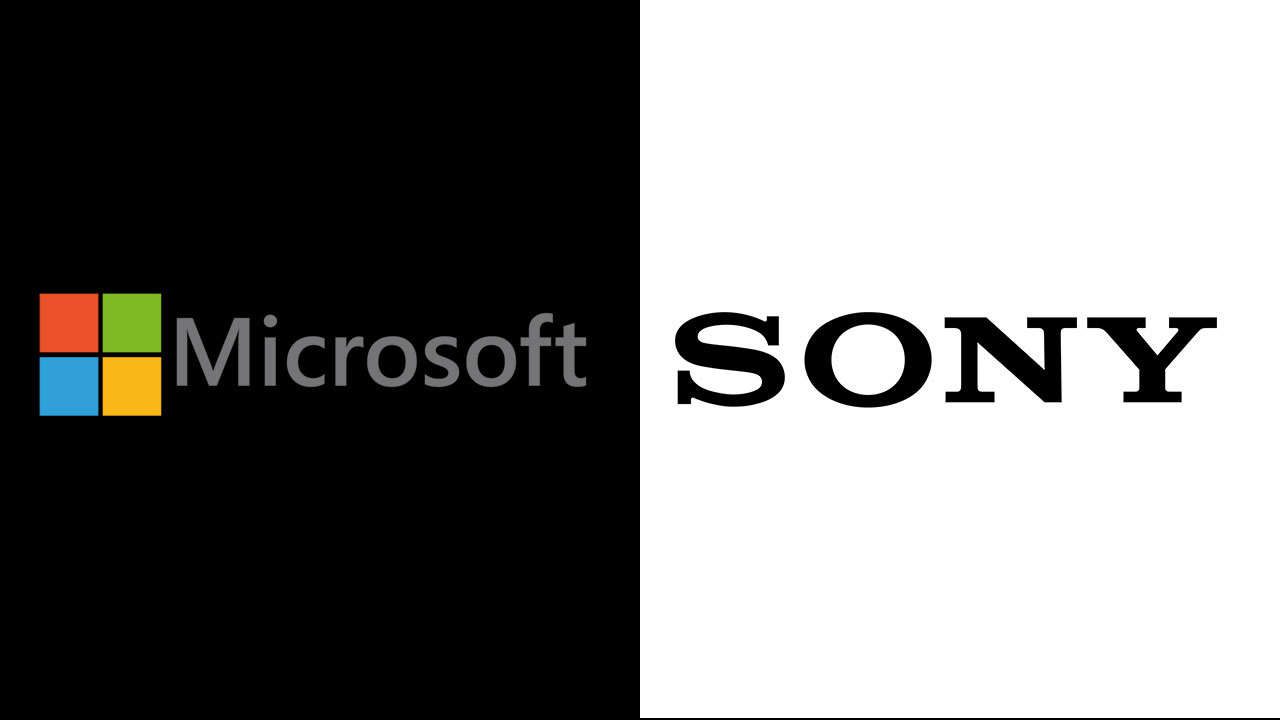Sony says Microsoft's subpoena is "obvious harassment" amid FTC's Activision merger case

Despite its size and great influence in the gaming market, Sony has always been vocal about the possible negative effects of the Microsoft-Activision megadeal on its customers. To that end, Microsoft served its rival a subpoena to require it to divulge some business details that would help it build its defense in FTC’s in-house court. However, Sony described the subpoena as “truly massive” and Microsoft’s demands as “obvious harassment.”
Sony mentioned the statements in the recent documents it filed requesting the court to quash or limit the subpoena served by Microsoft on January 17. Sony claimed that “even in employment cases courts require a specific showing of relevance before requiring production of personnel files.” It added that providing the files of just the seven individuals the parties agreed upon would cost approximately $2 million.
Microsoft, on the other hand, shared in its filed documents that both parties failed to reach an agreement regarding the request to view Greg McCurdy’s files. McCurdy was said to be Sony’s Senior Director of Competition & Regulatory Affairs and “has been deeply involved in SIE’s global campaign against the Microsoft/Activision deal.” Microsoft said that despite its offer to limit the search, Sony “continues to refuse to collect a single document from Mr. McCurdy.”
Sony explained that Microsoft demanded McCurdy’s files due to the belief that the in-house antitrust lawyer made communications with the Federal Trade Commission. It said that “there is no need to invade a lawyer’s custodial files to discover communications related to the transaction and doing so would not be proportionate to the needs of the case, which, after all, turns on whether Microsoft’s acquisition of Activision may lessen competition.” Microsoft, however, said that McCurdy’s role at Sony is not limited to lawyering as it also includes government affairs and public policy initiatives.
With Sony’s consistent argument about the merger’s effect on its business, Microsoft also wants to prove how capable Sony is of competing post-merger. As such, the software company also demanded the files of the company’s Senior Vice President of Global Product Strategy and Management, who oversees Sony’s hardware business. Microsoft said that these details would help it determine “whether SIE has tools in its arsenal to compensate for the hypothetical loss of Activision content.”
Unfortunately for Microsoft, FTC’s Chief Administrative Law Judge D. Michael Chappell agreed with Sony and said it “has demonstrated good cause for the requested relief.”
Read our disclosure page to find out how can you help MSPoweruser sustain the editorial team Read more




User forum
0 messages